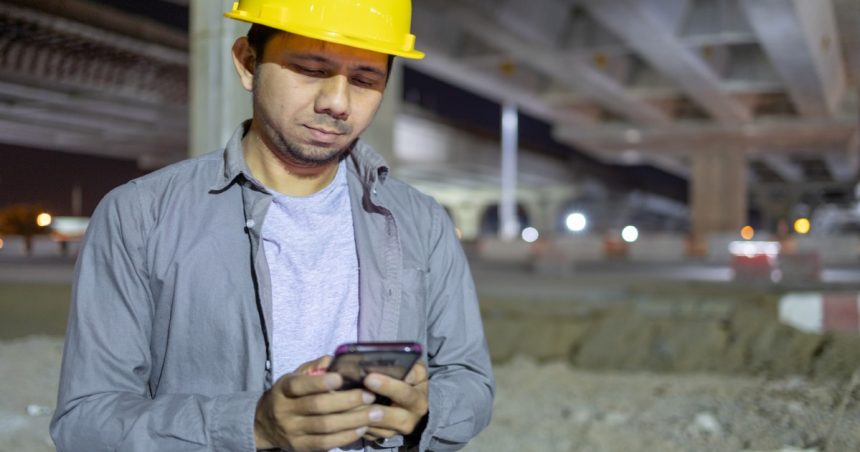You’ve just got home after another exhausting day on the tools, dropped the tool belt, kicked off the safety boots and sat back on the couch cracking open an ice-cold beer.
Then your phone lights up… *ring* *ring*.
“Boss-calling”.
Some say it’s one of the worst after-work feelings in the world.
Others say it’s just an easy way to ruin a perfectly good pint.
But no matter how much or how little those post-shift phone calls bother you, they’re now a thing of the past, provided you’re an employed tradie.
New rules mean construction bosses can now face huge fines as of last Monday should they contract employed workers outside of contracted hours.
The recent ‘Right to Disconnect’ laws apply nationwide to all forms of employment and mean eligible employees now have the right to ignore their employer outside of work hours unless their refusal is considered unreasonable.
It means an employed tradie, not contracted for overtime or to remain contactable, could theoretically refuse to monitor, read or respond to contact from an employer or a third party outside of working hours, including phone calls, text messages, emails and other forms of communication.
Meanwhile, bosses who ignore the rules could be slapped with fines of up to $19,000 per breach per person, rising to $90,000 per breach for companies under the Closing Loopholes Bill.
But don’t hit decline on a phone call from your supervisor just yet – the new rules only apply to companies with 15 or more employees. With small businesses included as of next year.
Managing Director of Employee Matters, Natasha Hawker, warned that every business is at risk for failing to meet their ‘Right to Disconnect’ obligations.
“Ignorance is no excuse – employers must take action to comply now,” Ms Hawker warns.
What qualifies as ‘unreasonable contact’:
- The reason for the contact
- Whether the employee is compensated for being available and working extra hours
- The nature of the employee’s role and responsibility
- Their circumstances, including family or caring responsibilities
Ms Hawker says affected businesses, such as construction companies, should seek expert advice in updating internal policies to cover the rule change. Including any training and guidance on what reasonable contact outside of work hours is.
“Each business needs to determine what works best for their own circumstances, respecting employee rights while maintaining the desired flexibility for both parties,” she explains.
“Implementing these changes offers an opportunity to improve workplace communication, attract and retain top talent, and enhance employee engagement by reducing potential psychological risks.”
“These risks are known in the industry as ‘psychosocial hazards’. The alternative is non-compliance, the risk of hefty fines, low morale, decreased productivity, and poor employee retention.”
Meanwhile, Suhini Wijayasinghe, head of HR Solutions at people2people Recruitment, says the nature of construction and trade works may make the rule more challenging to implement.
“A lot of businesses are going to panic about how to implement this particular change because it is a big change,” she said.
“…there’s a wide array of industries in our country. How is that going to impact people who are working remotely, doing shift work, in areas where they can be on call, how are you going to navigate that particular landscape?” she asked.
“And so I think the conversation, rather than is it right, is it wrong, is more about how are you actually going to engage with your workforce to do this properly.”







